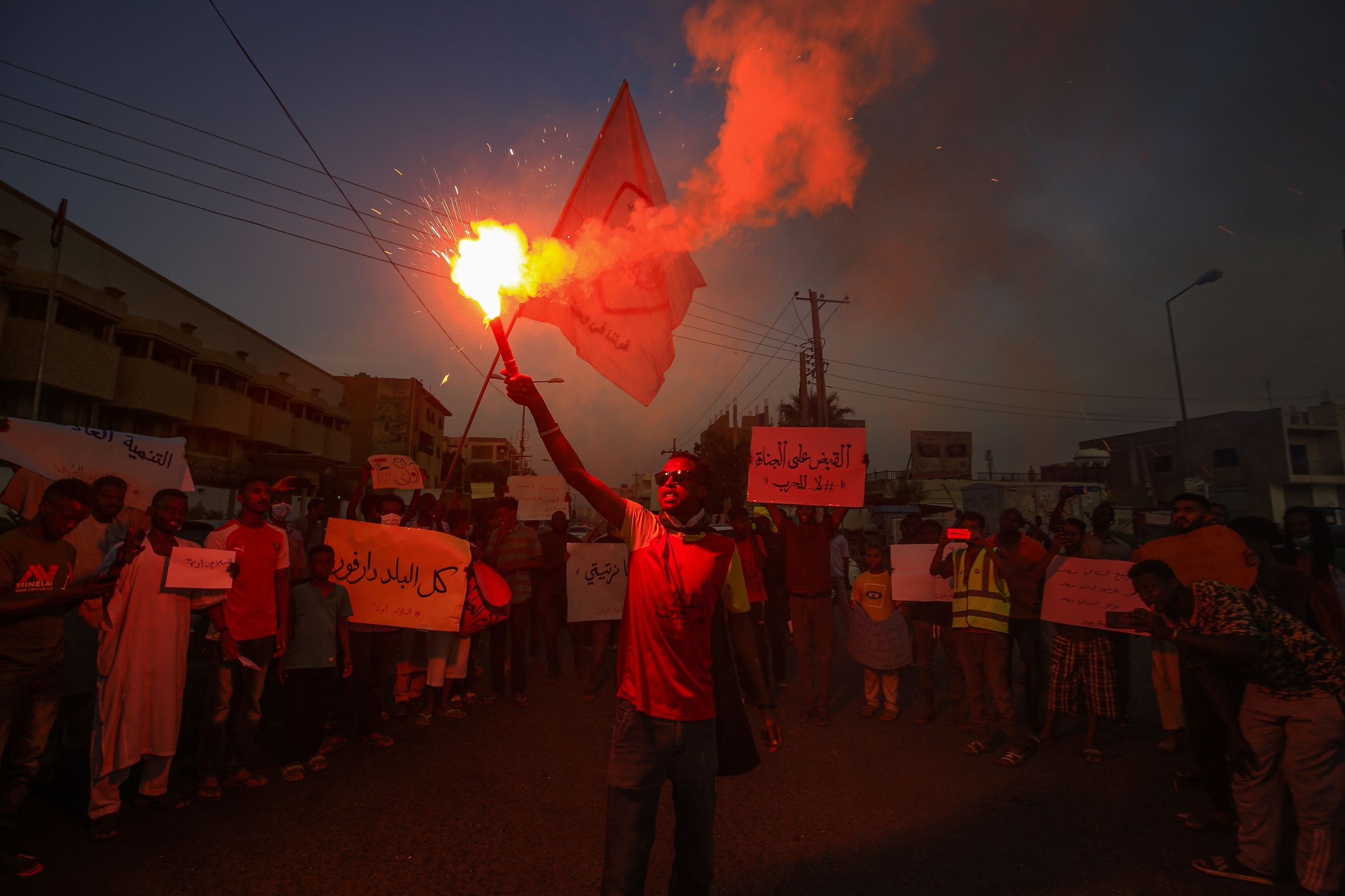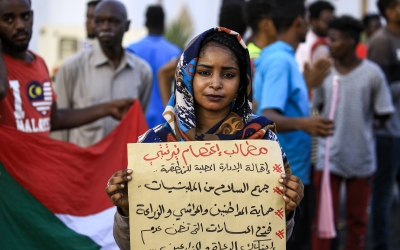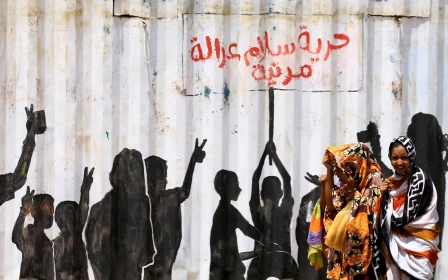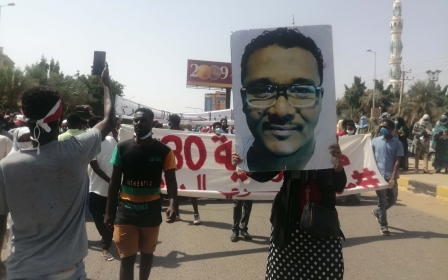Sudan abolishes flogging and decriminalises apostasy

Apostasy is to be decriminalised, flogging abolished and alcohol consumption for non-Muslims allowed as part of a raft of new liberalising reforms introduced in Sudan.
Women will also no longer need permission from male members of their families to travel with their children.
The new laws were passed by the country's transitional government last week, with the specific measures being publicly elaborated upon on at the weekend.
"We [will] drop all the laws violating the human rights in Sudan," Justice Minister Nasredeen Abdulbari said in a statement late on Saturday.
The introduction of laws nominally based on Islamic precepts in the 1980s was a key factor in the tensions that eventually led to the Christian-majority south of the country splitting off to form South Sudan in 2011.
New MEE newsletter: Jerusalem Dispatch
Sign up to get the latest insights and analysis on Israel-Palestine, alongside Turkey Unpacked and other MEE newsletters
There have been a number of high-profile cases in recent years around apostasy in Sudan, notably that of Meriam Yehya Ibrahim Ishag who was sentenced to death 2014 after marrying a Christian man.
According to the UN, around three percent of Sudan's population is non-Muslim.
Alcohol drinks were banned by then president Jaafar Nimeiri in 1983.
Omar al-Bashir, who ruled Sudan from 1989, was toppled last year following a popular uprising.
The transitional government that has led Sudan since then has promised to support democracy, end discrimination and make peace with rebel groups.
They have also brought in legislation banning the erstwhile common practice of female genital mutilation.
Middle East Eye delivers independent and unrivalled coverage and analysis of the Middle East, North Africa and beyond. To learn more about republishing this content and the associated fees, please fill out this form. More about MEE can be found here.





